Education, n. : That which discloses to the wise and disguises from the foolish their lack of understanding
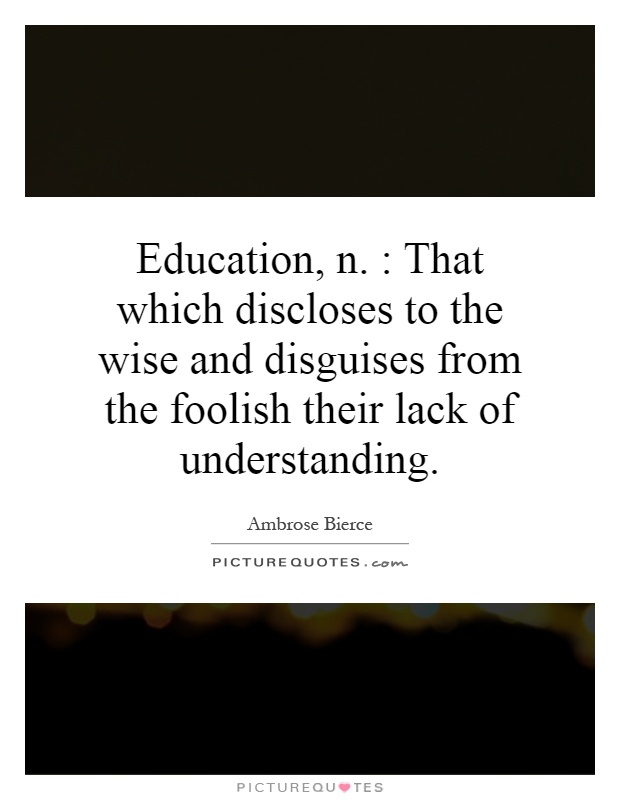
Education, n. : That which discloses to the wise and disguises from the foolish their lack of understanding
Ambrose Bierce, a renowned American writer and satirist, once defined education as "that which discloses to the wise and disguises from the foolish their lack of understanding." This definition encapsulates the essence of education in a thought-provoking and somewhat cynical manner. Bierce's words suggest that education serves as a tool for revealing the knowledge and wisdom of the wise while simultaneously concealing the ignorance and foolishness of the uneducated.In Bierce's view, education is not just about acquiring knowledge or skills; it is also about gaining a deeper understanding of the world and oneself. The wise, who have embraced education and learning, are able to see things more clearly and make informed decisions based on their knowledge and experience. Education opens their minds to new ideas and perspectives, allowing them to navigate the complexities of life with confidence and insight.
On the other hand, the foolish, who lack education and understanding, are often unaware of their own ignorance. They may think they know everything or believe they have all the answers, but in reality, their lack of education blinds them to the truth. Education serves as a mirror that reflects their shortcomings and reveals the gaps in their knowledge and understanding.
Bierce's definition of education also highlights the transformative power of learning. Education has the ability to shape and mold individuals, helping them grow intellectually, emotionally, and spiritually. It can challenge their beliefs, broaden their horizons, and inspire them to strive for excellence. Through education, the wise can continue to evolve and expand their understanding of the world, while the foolish can begin to recognize their limitations and work towards self-improvement.

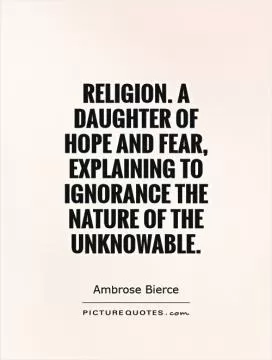
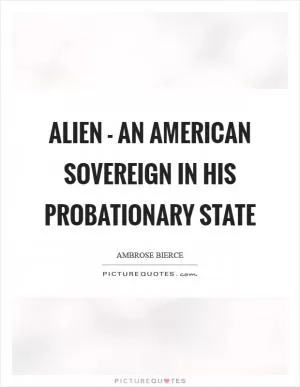
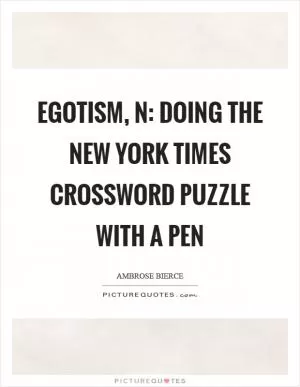

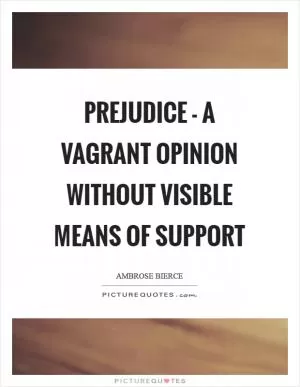


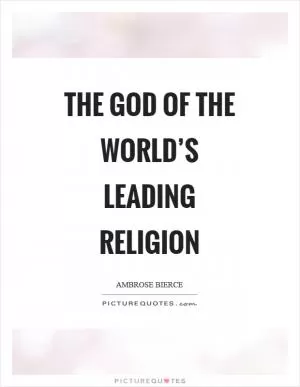
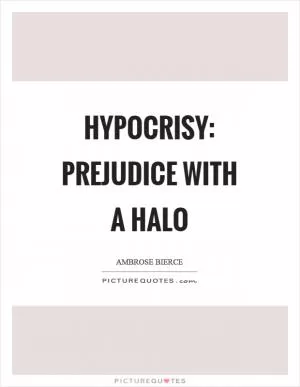
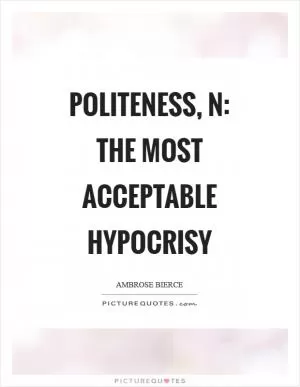
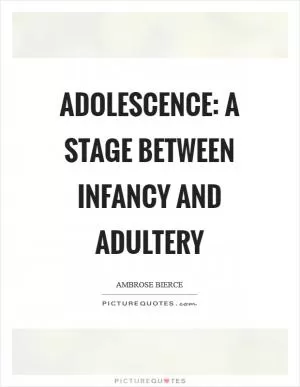
 Friendship Quotes
Friendship Quotes Love Quotes
Love Quotes Life Quotes
Life Quotes Funny Quotes
Funny Quotes Motivational Quotes
Motivational Quotes Inspirational Quotes
Inspirational Quotes